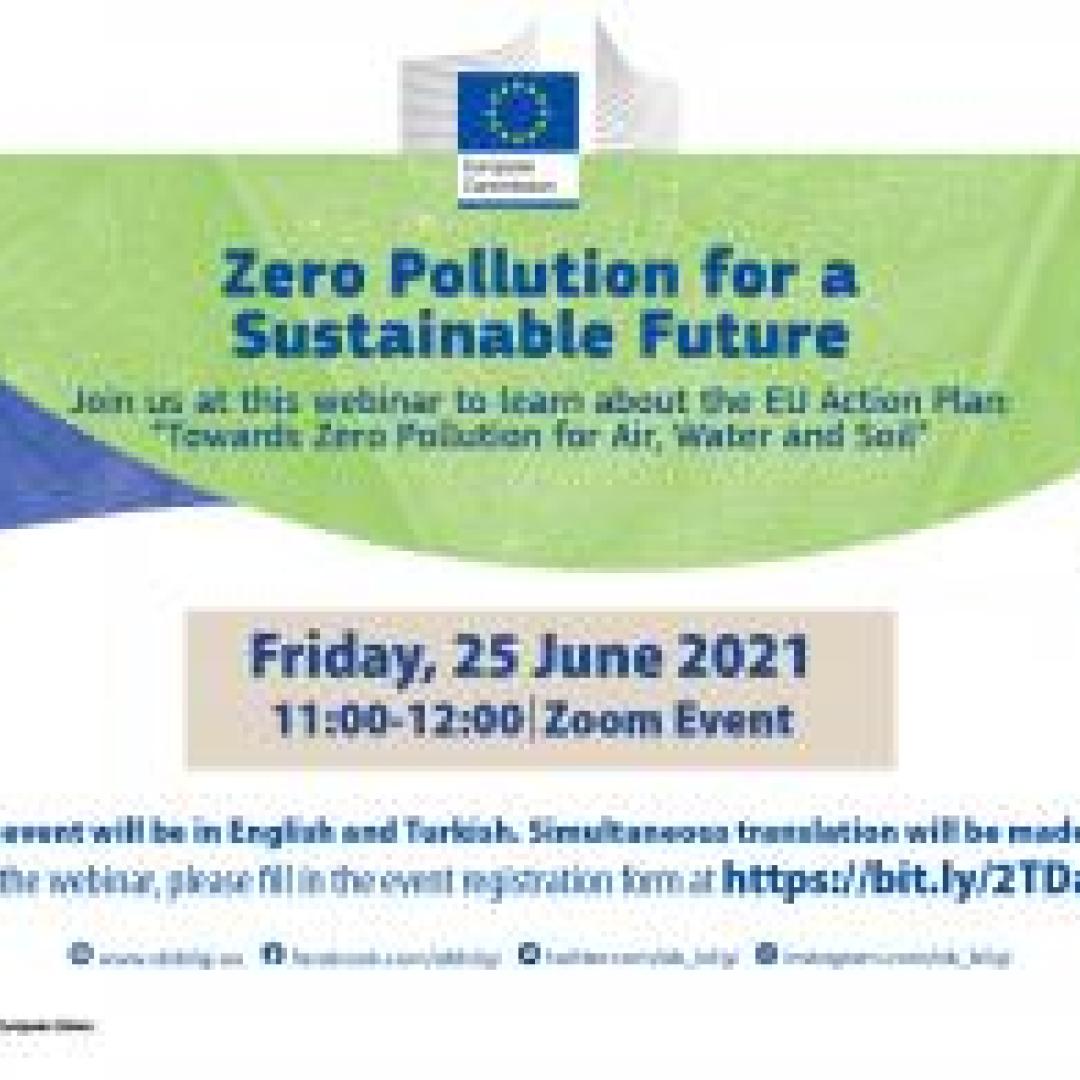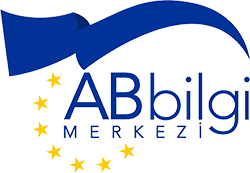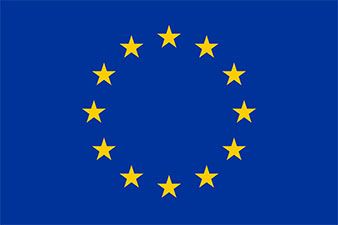Zero Pollution for a Sustainable Future

European Commission highlighted the importance of EU Action Plan: “Towards Zero Pollution for Air, Water and Soil” during a webinar on “Zero Pollution for a Sustainable Future”. The online event was held on Friday, June 25, 2021 via Zoom. The event was also shared live on EU Infopoint’s Facebook page: https://www.facebook.com/ABBilgi/videos/208806744446338
Dr. Catherine Ganzleben, head of group on air pollution, environment and health at the European Environment Agency (EEA), attended the webinar as the keynote speaker. Dr. Ganzleben stated the following in her presentation: “Citizens’ health is adversely affected by climate change, through heatwaves and floods of increasing frequency and magnitude, as well as changes in the distribution of vector-borne diseases. An emerging body of evidence highlights the linkages between socioeconomic conditions and poor quality environments at both local and regional scales across the European region. Environmental risks disproportionately affect socially disadvantaged and vulnerable population groups, exacerbating existing inequalities”. She also said that by producing Europe-wide accessible knowledge on how the environment affects health, EEA is in a position to bring the social and environmental agendas together while supporting the European Green Deal. Providing information that is both relevant for decision makers and that resonates with the general public can motivate citizens to engage with their local environments and push for improvements through an inclusive policy agenda.
In her opening remarks, Virve Vimpari, Head of Section of the European Union Programme Support Office, expressed the importance of the EU Green Deal and said ‘’The new agenda of the European Commission, the European Green Deal, sets the ambition of zero-pollution, to be delivered through a cross-cutting strategy to protect citizens’ health from environmental degradation and pollution. Since 2006, the EU has been supporting the Turkish Cypriot community through the Aid Programme for the development of infrastructure and protection of the environment and thereby making a difference in the community and across the island. Its achievements include many projects in solid waste, water/wastewater as well as improvements in the areas of air quality, nature protection and energy. Environment will continue to be a key sector under the EU Aid Programme, in line with the overall priorities of the European Union.’’
Following the Q&A section in which questions of the participants were answered by the speakers, the webinar ended with a general assessment made by environmental engineer İbrahim Alkan, as the moderator.

